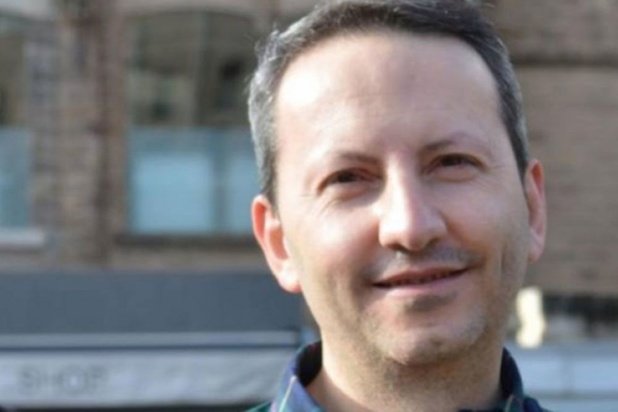The Swedish-Iranian VUB professor Ahmadreza Djalali was arrested during a working visit to Iran six years ago and is accused of espionage, for which was sentenced to death in October 2017.
In early May of this year, Djalali would reportedly soon be executed in Iran, but that could soon change, according to Bruzz and Het Laatste Nieuws, as the professor might be exchanged for an Iranian terrorist in a Belgian prison.
This follows a draft law on the agenda of the Foreign Affairs Committee on cooperation with India, the United Arab Emirates and Iran, as Iran is concerned with the “transfer of sentenced persons”.
Potential exchange
The agreement would ensure that Iranians convicted in Belgium can serve their sentences in their home country, and vice versa.
“We will once again register guarantees regarding the rule of law, the execution of sentences and human rights, because our country has a strong international reputation in this area and we must uphold that reputation," replied Minister of Justice Vincent Van Quickenborne.
Terrorist mastermind
Djalali would be exchanged for Asadollah Asadi, a former Iranian diplomat. Asadi was the alleged mastermind behind a 2018 Paris bomb attack on a congress with an estimated 20,000 Iranians from the opposition party.
Related News
- Conviction of Iranian diplomat raises concerns for VUB professor
- 'Using prisoners as currency': Iran urged to stop execution of VUB guest lecturer
- Brussels universities organise 'massive protest' against Djalali's execution in Iran
Asadi was sentenced to 20 years in prison for attempted murder and participating in the activities of a terrorist organisation in Antwerp in 2021, while the other three involved people received 18 and 17 years in prison.
Held hostage
If there is an exchange with Belgium, the terrorists will have only served a fifth of their sentence.
Amnesty International said earlier that Djalali is being held hostage by Iran. “Iran is using Djalali as a political change to pressure Belgium and Sweden over two lawsuits against two former Iranian officials. The execution of Djalali would be an act of retaliation and a warning to other states,” said Wies De Graeve, director of Amnesty International Flanders.
‘A complete disgrace’
The Iranian opposition, as well as lawyer Rik Vanreusel who is defending 25 Iranian politicians who came to speak in Paris the day of the planned attack, calls it “a complete disgrace”, according to De Morgen.
“Iran is deliberately detaining intellectual innocents until a moment comes when their secret agents are arrested somewhere in Europe: this is how Djalali has become an international small change,” says the lawyer. “As a country, we are sending out a completely wrong signal: the mastermind of a serious terrorist act is released after four years without additional sanctions."
“These are not sweethearts, but extremely violent terrorists who will not rest on their laurels. They will just start again tomorrow, but are now getting preferential treatment,” Vanreusel said.
Vanreusel says he is “elated and relieved" for Djalali” if Iran does let him go, though that is not yet completely certain, but he does hope that this will not become a safe-conduct for future barter deals.

